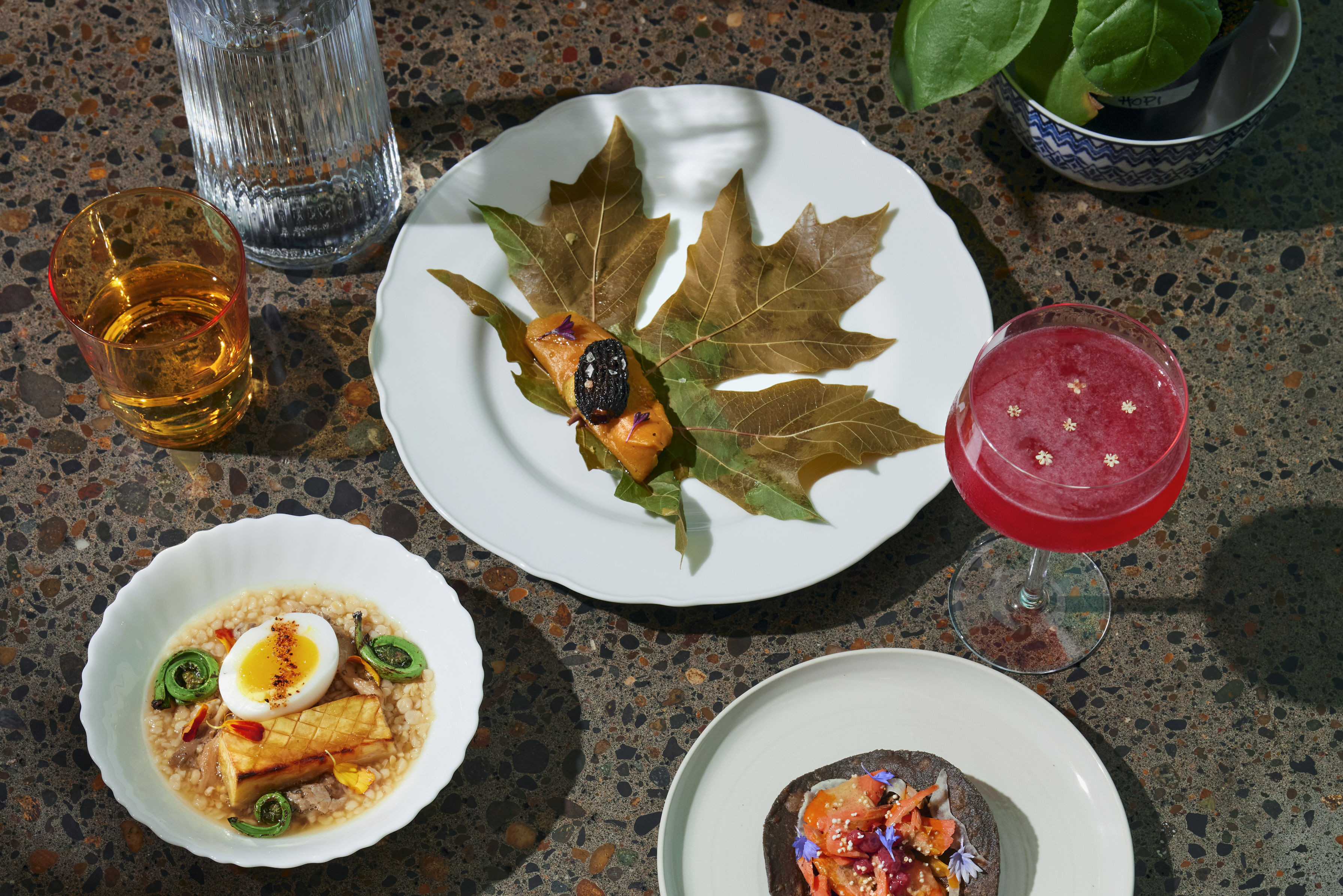4 Questions for Ambitious Haitian Tastemaker Elsy Dinvil

Elsy Dinvil
Image: Courtesy Elsy Dinvil
Elsy Dinvil is on a one-woman mission to bring Haitian cuisine to Portland. After five years of R&D on her upcoming sauce line, the 45-year-old is finally taking the plunge with a kick-off dinner at Tamale Boy on Monday, August 21 from 6–8:30 p.m. Dinvil’s specialty is creole marinades (poultry, red meat, and seafood), to be served alongside the food of her youth. Think plantains, Haitian National Rice, baked chicken thighs in creole sauce, and lots of vegan options. Buy tickets here.
We sat down with the budding entrepreneur to talk about Haitian food in Portland and the seriousness of food allergies.
How did you end up in Portland?
I grew up in Jérémie, on the southwest side of Haiti. I went back to visit in March. I was born and raised there, but I’ve never seen so much struggling and hardship. I got a scholarship from my church right out of high school. I competed, traveled to the capital to have interviews, and the government chose [where we were placed] depending on what we chose to study. I picked food science technology, and Oregon was the state to offer the program.
Where did you learn to cook Creole specialties?
In Haiti, it’s part of the culture. From six years old, you’re expected to be with your mother helping around the kitchen while boys go out and play soccer. You wash the beans, mash the spices, and do all the little things. You get used to being around the kitchen, and some girls stick with it when they move out of the house. I started hotel management, too, in Haiti, so I went into training, learning how to cook and develop recipes.
What makes your marinades so special?
My marinades are a blend of fresh herbs, vegetables, olive oil, a little bit of vinegar, and lime juice. That’s all. I use garlic, celery, green onion, bell peppers, habanero peppers, shallot, and sea salt. I have a non-spicy and a spicy version of each.
Why hang your hat on marinades?
I have health issues. I was struggling with my digestive system. My doctor did an allergy test, and I was allergic to soy and to a bunch of stuff that he caught in my diet. There’s a large community out there that needs good products without allergens in it, and they don’t know where to get it. The second reason is that there is a Haitian community here in Portland, but you can’t go to Whole Foods and find Haitian products on the shelves. My big goal is to one day have my product on those shelves.
In other states with a large population of Haitians, you will see pikliz (pickled vegetable relish), but the way they market it is for Haitians. But you know what? I’m going to take that to the bigger picture and have people from other cultures try it. I hope to become known for making a "Haitian product" instead of a "product for Haitians."




